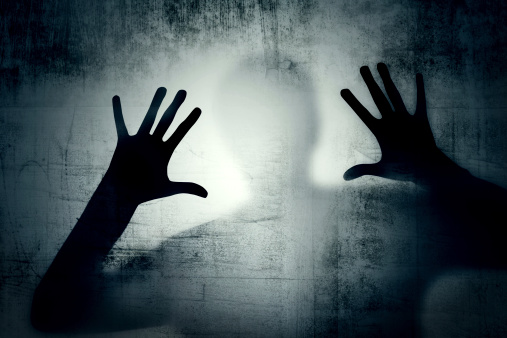Alzheimer’s disease and hallucinations: Coping with delusions in Alzheimer’s
Delusions and hallucinations are common in the latter stages of Alzheimer’s disease. Delusions are false beliefs, and even though you may provide the patient with evidence to suggest otherwise, they still hold on to their original belief. Delusions can come in a form of a paranoid idea – for example, a patient may believe that ...click here to read more





